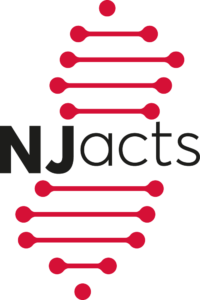 Please read Dr. Konova’s article in Psychology of Addictive Behaviors titled, “The role of social connection in opioid use disorder treatment engagement.“
Please read Dr. Konova’s article in Psychology of Addictive Behaviors titled, “The role of social connection in opioid use disorder treatment engagement.“
Opioid misuse and overdose remain public health challenges in the United States, with 9.5 million people affected and >100,000 overdose deaths, the highest number on record, by recent estimates. Medications for opioid use disorder (MOUD) treatment combining pharmacotherapy with psychosocial support is an effective approach for managing opioid use disorder (OUD). MOUD treatment reduces illicit opioid use, mortality rates, and HIV/HCV risk behaviors, and improves well-being and quality of life. However, efficacy for a given individual depends on multiple factors, including treatment duration and engagement with MOUD program components (medication adherence, group, and individual psychotherapy). Early treatment dropout, which is ∼50% at 6 months, is associated with a near doubling of relapse rates (>90%) compared to a full year of continuous treatment (∼50%). Conversely, MOUD program retention is associated with a lower risk of fatal overdose and emergency service utilization. Although many studies have evaluated individual differences as predictors of MOUD treatment retention and engagement, these primarily focused on sociodemographic factors (e.g., age, sex, employment), many of which are not modifiable and yielded weak, discordant results. To read the full article.
The role of social connection in opioid use disorder treatment engagement. Schweitzer EM, Urmanche A, Kong J, Hafezi S, Zhao J, Cooperman NA, Konova AB. Psychol Addict Behav. 2023 Jun 29 PMID: 37384450 DOI: 1037/adb0000934
